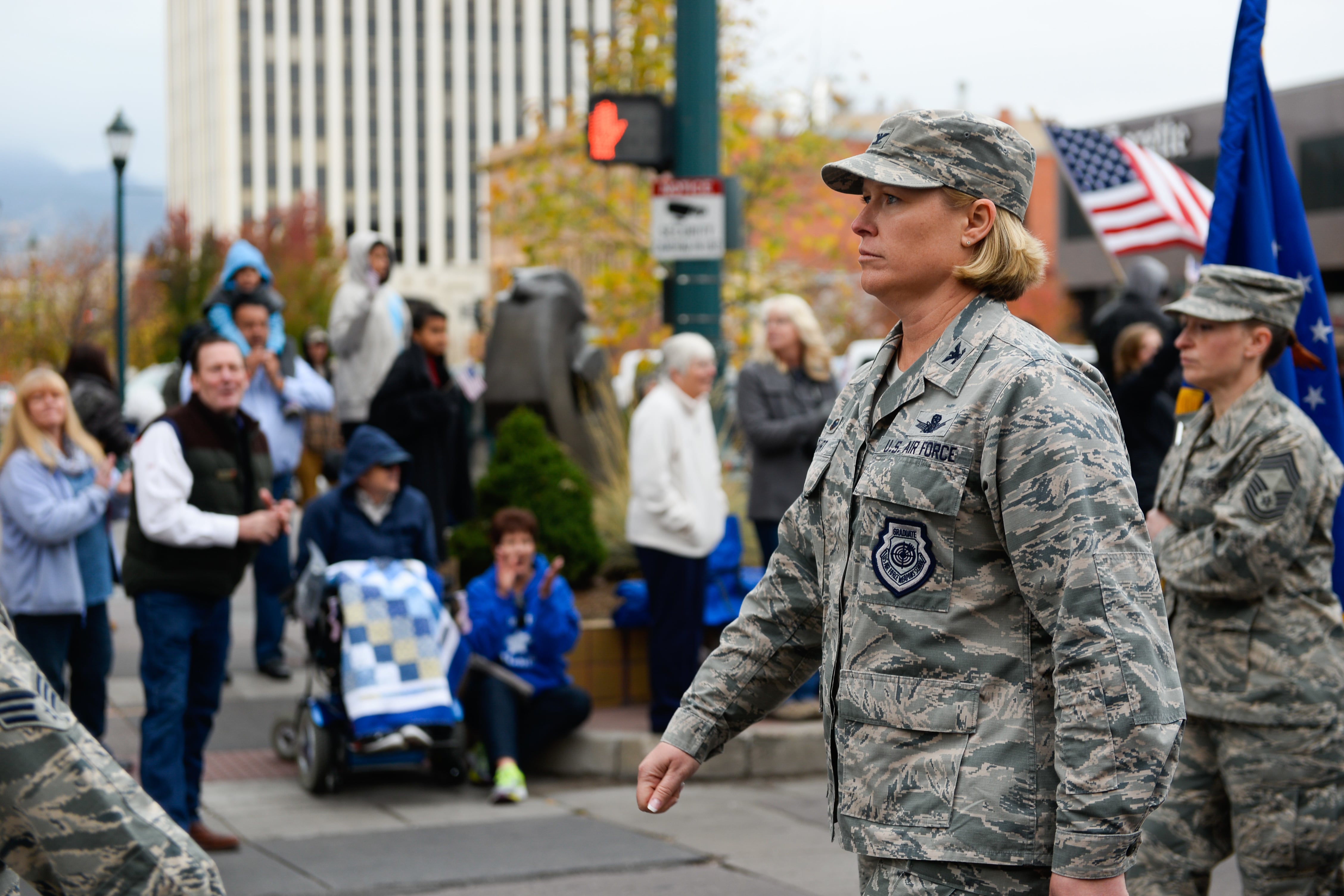The jobless rate among U.S. veterans improved in December even as national employment numbers showed discouraging signs of sluggishness amid the ongoing coronavirus pandemic.
The unemployment rate among all American veterans fell to 5.3 percent in December, according to estimates released Friday by the Bureau of Labor Statistics. The number was 6.3 percent in November and had been as high as 11.7 percent last spring, when widespread layoffs and furloughs related to virus precautions severely hurt U.S. businesses.
The unemployment rate among veterans of the Iraq and Afghanistan War era showed even greater improvement, decreasing from 6.9 percent in November to 5.1 percent in December. Veterans of the first Gulf War era saw their unemployment rate drop to 4.4 percent.
RELATED

The positive veterans news comes as the American economy lost about 140,000 jobs last month, the first overall decline for the nation since April. The national unemployment rate now sits at 6.7 percent.
In a statement, BLS officials blamed the job losses on “the recent increase in coronavirus cases and efforts to contain the pandemic.”
More than 21.2 million Americans have been infected by the virus in the last 10 months and more than 360,000 have died from complications related to it. Many of those deaths and cases have come in just the last few months, as nearly every state in the country has seen dramatic spikes due to holiday travel and relaxed restrictions in public areas.
RELATED

BLS officials reported that 15.8 million Americans were unable to maintain full-time work because “their employer closed or lost business due to the pandemic.”
The veterans employment numbers, while better than the general population, are still significantly worse than one year ago. In December 2019, the overall veterans unemployment rate was 2.8 percent, nearly half of what was reported last month.
Lawmakers inserted several economic stimulus measures related to veterans’ pandemic challenges in a recently-passed omnibus bill, including new job training programs for out-of-work veterans and new protections for student veterans whose college classes were disrupted by pandemic closures.
That legislation was signed into law by President Trump earlier this week, but implementing those measures is likely to take several months.
Leo covers Congress, Veterans Affairs and the White House for Military Times. He has covered Washington, D.C. since 2004, focusing on military personnel and veterans policies. His work has earned numerous honors, including a 2009 Polk award, a 2010 National Headliner Award, the IAVA Leadership in Journalism award and the VFW News Media award.





